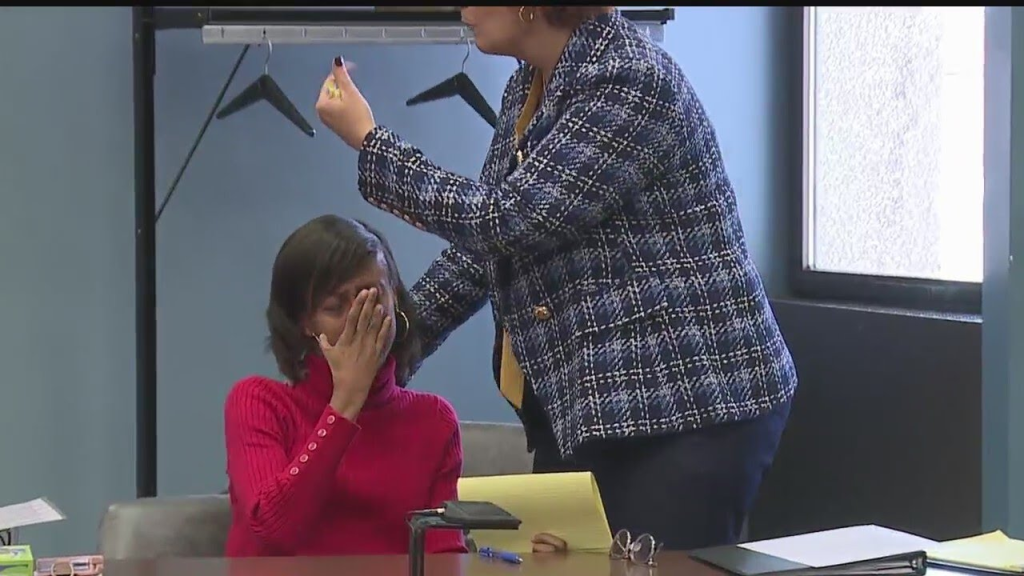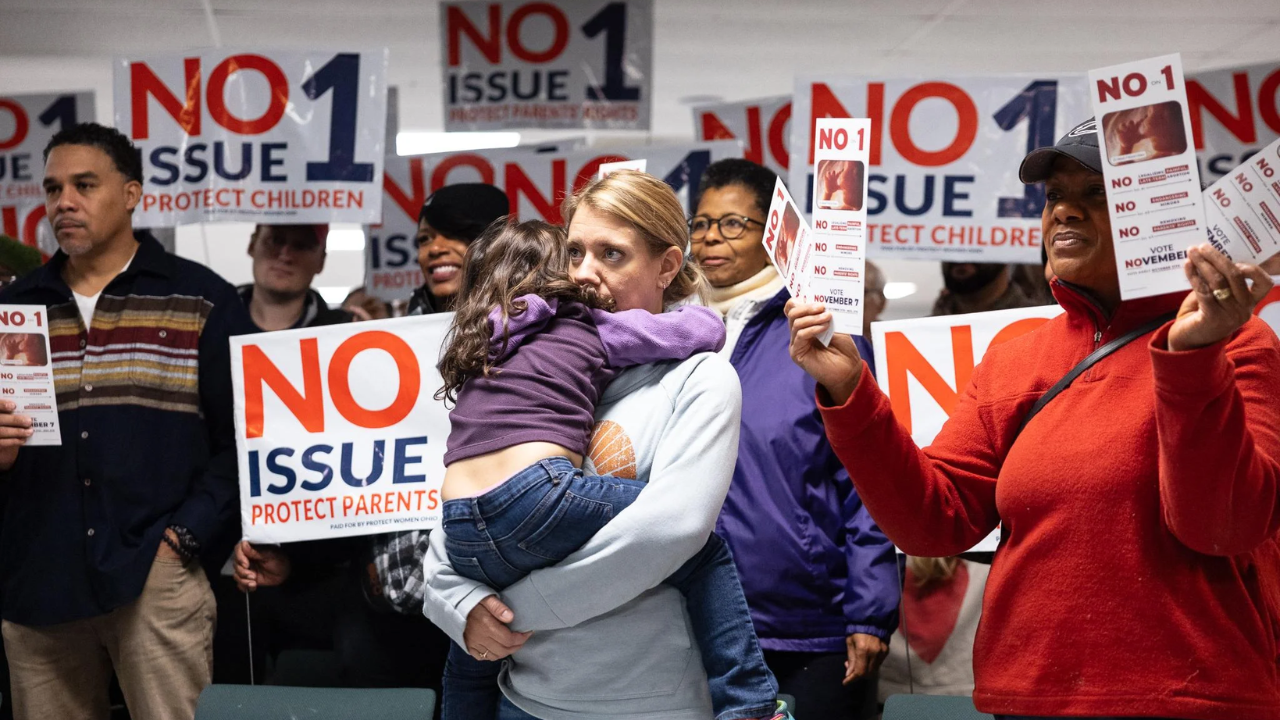A Woman in Ohio Was Arrested After She Had a Miscarriage. Seems Like Tiny was Correct After All!
CheapNailsalonsnearme–In a case that highlights the complex and often controversial intersection of reproductive rights and criminal law, Brittany Watts, a 34-year-old woman from Warren, Ohio, faces charges of abuse of a corpse following a miscarriage at home. This case is a rare and possibly unprecedented application of state law, sparking debate and concern among legal experts and reproductive health advocates.
Watts was arrested after experiencing a miscarriage in her bathroom and attempting to flush the remains. Despite medical records indicating a spontaneous miscarriage, a charge not contested by the state, her case has been escalated to a grand jury. If convicted, Watts could face up to a year in prison.
The legal proceedings hinge on the interpretation of Ohio’s law concerning the treatment of a human corpse, which in this case, applies to a nonviable fetus. Watts’s lawyer, Traci Timko, argues against the application of the term “corpse” to a fetus that never took a breath.
Legal experts have questioned the prosecutor’s approach, deeming it a problematic extension of the law’s intent. This case occurs against the backdrop of Ohio’s newly amended State Constitution, which protects the right to abortion until the point of fetal viability, as well as rights to contraception, fertility treatment, and miscarriage care.

Read More News: Ohio GOP Lawmakers Expect to Override De Wine’s Anti-Trans Bill Veto on Wednesday!
Florida Schools District Removes Dictionaries and Encyclopedias Over ‘Sexual’ Content!
Florida Republicans Just Can’t Stop: A New Bill Would Almost Totally Stop Abortions!
The amendment represents a significant victory for abortion-rights groups following the Supreme Court’s overturning of Roe v. Wade. However, the prosecution of Watts raises concerns about the potential for criminalization of miscarriages and other pregnancy outcomes.
With the new constitutional protections in place, Ohio may witness further legal and political battles over reproductive rights. The case of Brittany Watts serves as a stark reminder of the ongoing complexities surrounding reproductive health legislation and the challenges faced by women in navigating these legal landscapes.

